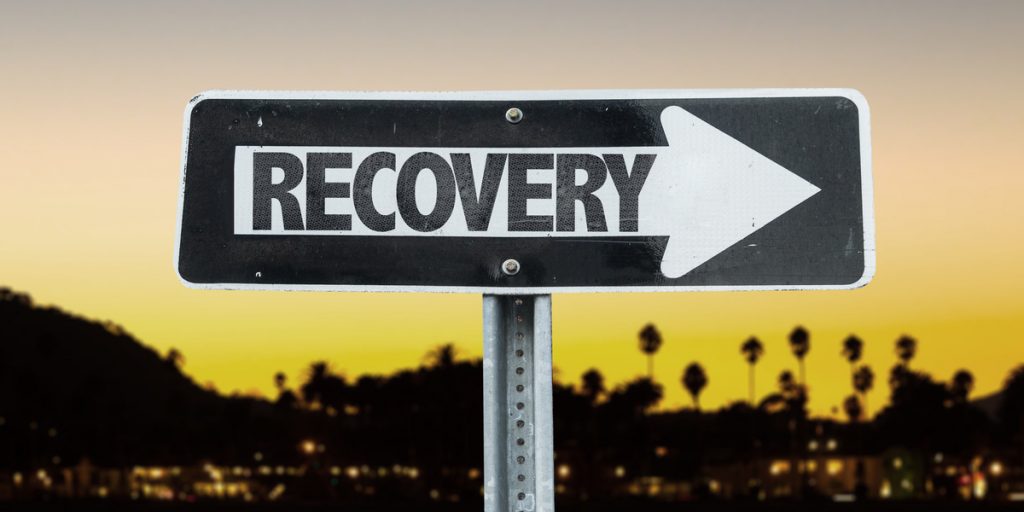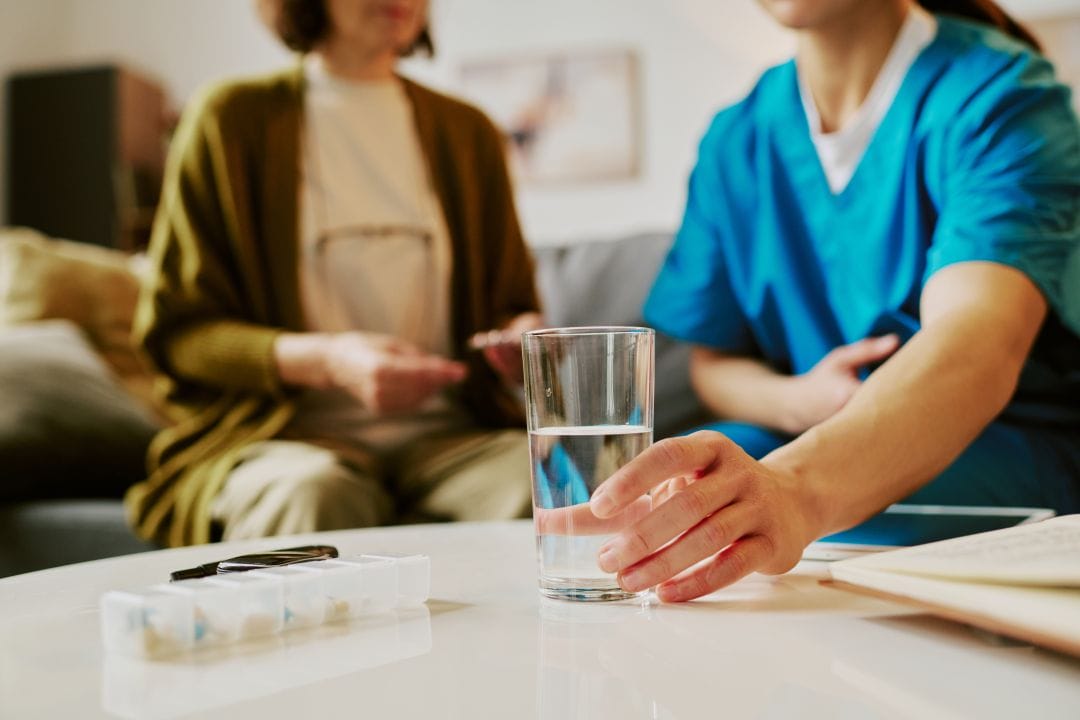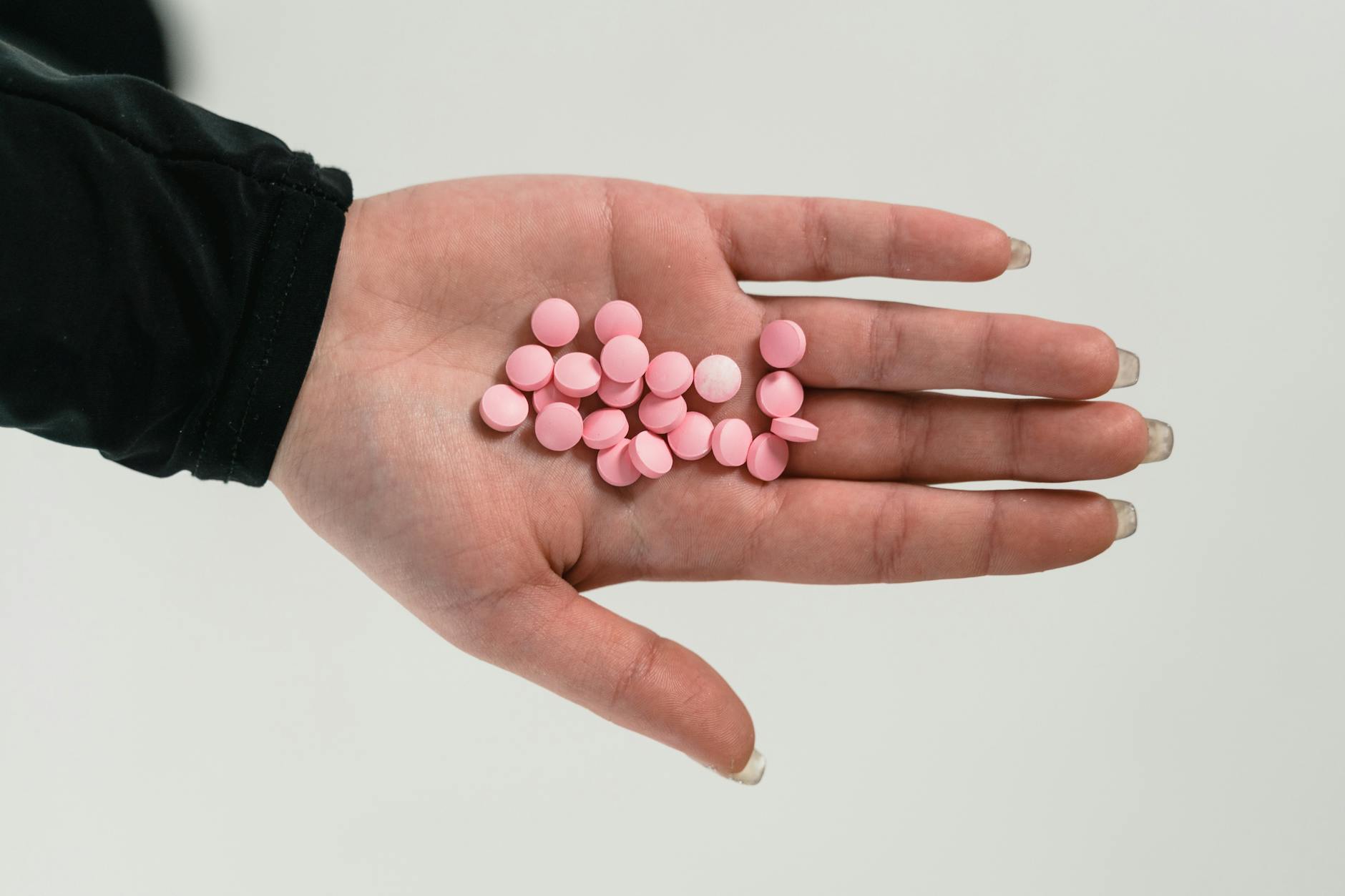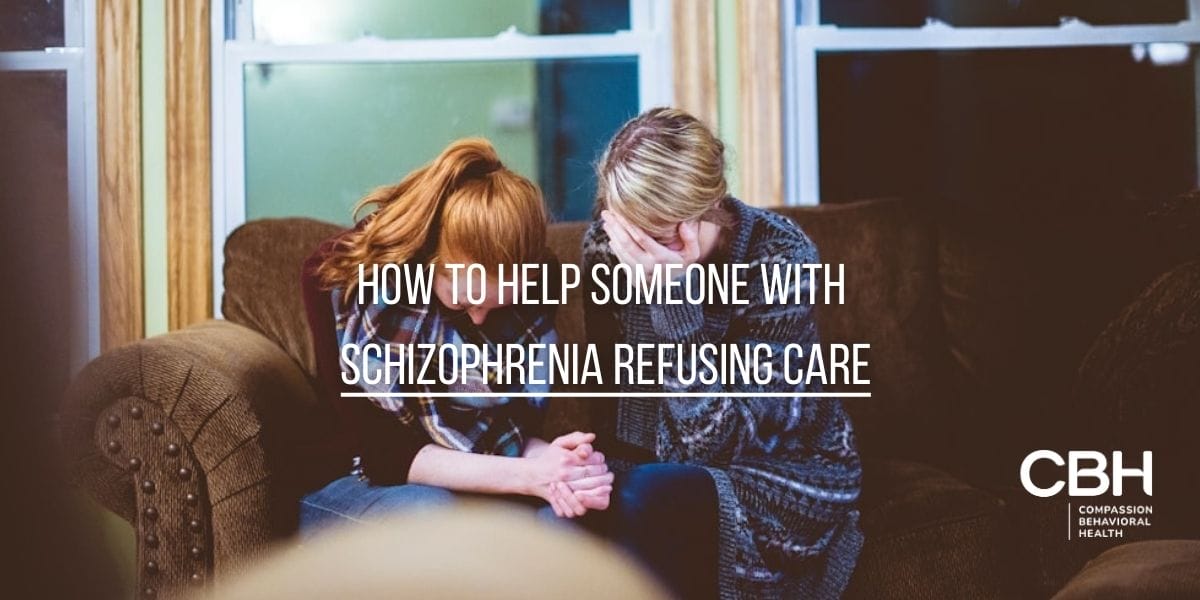If you are considering a drug detox program, it is important to know what you can expect after completing it. Detoxing from drugs can be a difficult process, but with the right support and care, you can make it through successfully.
Today, we will discuss the various stages of detox and what you can expect during each one. We will also provide some tips for staying positive and motivated throughout the detox process.
If you are struggling with substance abuse and would like to speak to someone without any fear of judgment, call us today at (844) 999-0874 or reach out to the SAMHSA National Helpline for more resources at 1-(800) 662-4357.
Step One: Entering Treatment
The first step in a typical detox program is to enter treatment. This usually involves meeting with a counselor or addiction specialist, along with a team of medical professionals, to discuss your goals for treatment. They will also assess your current health and substance use history. Based on this information, they will create a personalized treatment plan for you.
During this initial phase, it is normal to feel anxious. You may be wondering what to expect and whether you will be able to complete the detox program. Remember, you are not alone. You will receive support and medical supervision through each step.
Step Two: Detoxification
The second step is detoxification, which is when your body begins to rid itself of substances. This process can be difficult, both physically and emotionally. You may experience flu-like symptoms, such as nausea, vomiting, and diarrhea. You may also experience some mental symptoms like feeling tired, anxious, or depressed.
It is important to remember that these symptoms are normal and will eventually subside. The detox team will provide you with medication and support to help you through this phase. You should also focus on staying positive and motivated, as this will help you get through the detox process successfully.
Step Three: Rehabilitation
The third step is rehabilitation, which is when you begin to learn how to live a sober life. This phase usually incorporates a variety of activities such as:
Individual Counseling
Individual counseling sessions involve meeting with a mental health professional in a one-on-one setting. Through guided discussions, you can begin to work toward building a healthier mindset for entering recovery.
Group Counseling
In group settings, you have the opportunity to share your struggles with substance abuse and mental health alongside others who may have similar experiences. This helps create a feeling of mutual trust and community. You are not alone in your journey toward recovery, and there are others who can support you through it.
Medical Supervision
Everyone experiences addiction recovery differently. Some individuals may benefit from additional help from a medical professional alongside counseling.
A doctor can monitor your progress from a medical perspective while you continue your path to recovery. For example, if you are recovering from opiates, a doctor could prescribe suboxone to help reduce the intensity and frequency of cravings.
Engaging in Healthy Activities
In addition to counseling, it is important to engage in healthy activities that can help improve your physical and mental health. This may include things like exercise, meditation, or yoga. Participating in these activities can help you stay positive and motivated during rehabilitation. You may also find that you enjoy new hobbies, want to rebuild certain relationships or pursue a new career opportunity.
Step Four: Transitioning to Recovery
After you have completed the drug detox program and rehabilitation, you will begin to transition into recovery. This is a lifelong process, but it begins with taking small steps each day to maintain your sobriety.
You may find that continuing to attend support groups or therapy sessions on a regular basis helps you stay on track. It is also important to develop a healthy routine and stick to it. This may include disciplines like regular exercise, eating a balanced diet, and getting enough sleep.
If you have been taking any medications to assist with your recovery, continue following up with a medical professional. Over time, you may be able to reduce your dosage or transition off of the medicine completely with a doctor’s guidance.
Get Compassionate Drug Detox Treatment Today
At Compassion Behavioral Health, we provide mental health and addiction treatment from our community in beautiful South Florida. If you are looking to start your journey to recovery, help is available. Call us from anywhere at any time at (844) 999-0874 or reach out to us online for more information.



